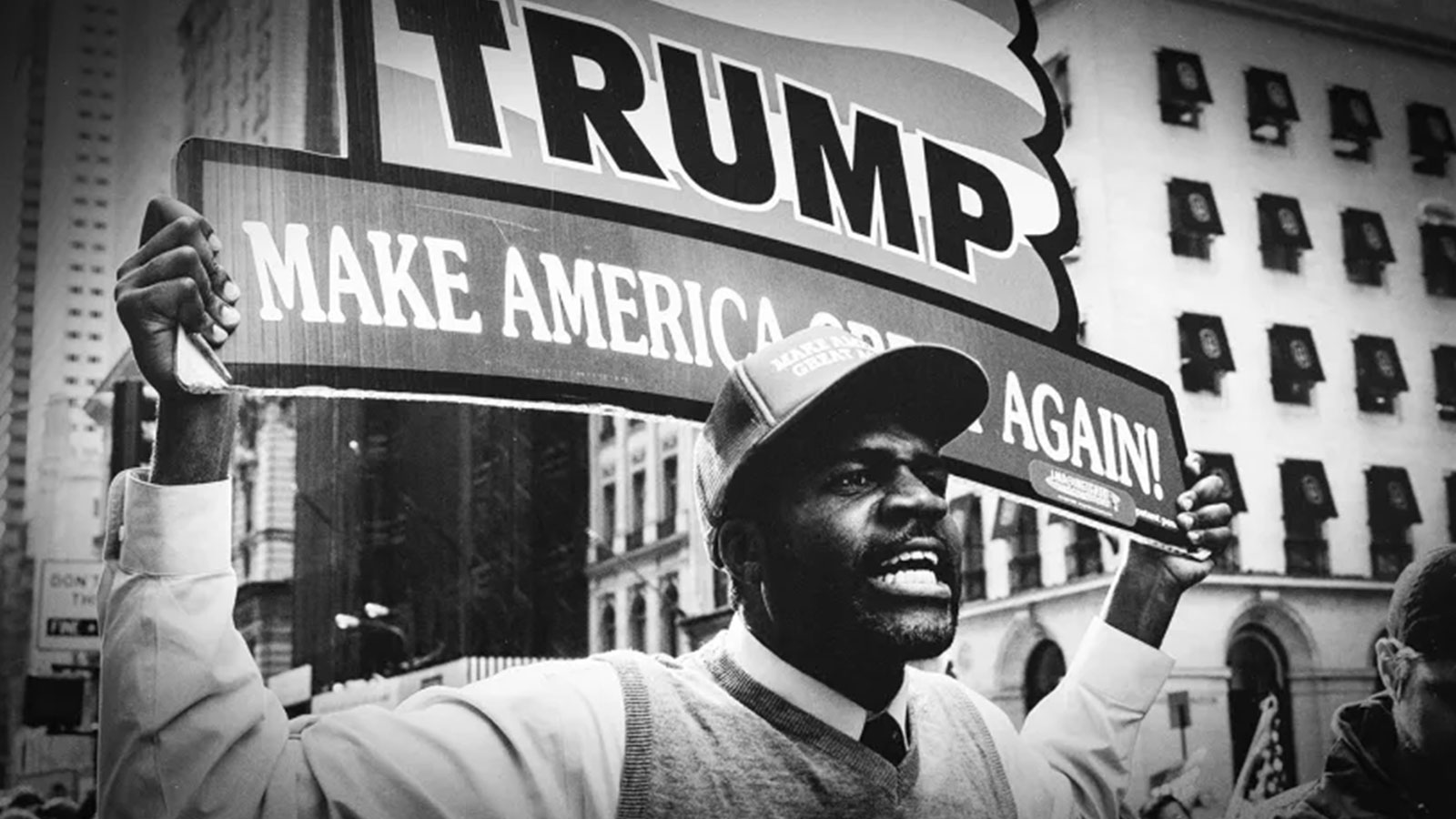Democrats worry that lower turnout among Black voters will cost them the White House in 2024.
Black and Latino voters have long been stalwart Democratic Party voters. Is that still the case? Maybe not. President Biden is “underperforming among nonwhite voters” in a series of polls, The New York Times reported. Among those voters, Biden leads Donald Trump — the likely GOP nominee — by an average of 53 to 28 percent. That might sound like a lot, but Biden won 70 percent of those voters in 2020. That shift could make a critical difference in the 2024 election.
“Black voters played a large role in rescuing Biden’s struggling 2020 presidential campaign in the South Carolina primary,” Reuters reported. But there have long been signs of dissatisfaction since he arrived in the White House. Democrats in Congress failed to get voting protections or police reforms passed while they held control, leading some Black voters to “lose faith” in the party. “They don’t follow through,” one voter told Reuters about Democrats.
The latest poll numbers are part of a trend, The Washington Post reported. Black voter turnout dropped 10 percentage points between the 2018 and 2022 midterm elections. That has Democrats alarmed heading into 2024: Biden’s victory in 2020 depended on narrow wins in swing states like Georgia and Wisconsin, after all. “Democratic activists are cautioning that the party can’t afford to let support from Black voters slip.”
Indifferent voters?
“Democrats have grown increasingly identified with policies and rhetoric that appeals to college-educated voters, who are disproportionately white,” Jonathan Chait wrote at New York. It’s difficult for Dems to conceive that “Donald Trump, of all people, is going to register gains among racial minorities,” but there really is a risk that Black voters and other minorities “will vote for the opposing party.” The shift away from Biden is easier to understand if you realize that nonwhite voters “are less liberal than the party’s white voters, not more liberal.”
“Voters are in a sour mood about all politicians,” Juan Williams wrote for The Hill. The good news for Democrats is that Black voters still rank Biden “more highly than Trump.” But Black voters lived through the Barack Obama era, when promises of “hope and change” didn’t do much to change problems with police brutality and high poverty rates in their community. The result is that those voters have “little reason to think any politician, be it Obama or Biden, will rescue them.”
Black voters won’t necessarily become Republican voters, Philip Bump wrote in The Washington Post. “It may be that those potential voters simply don’t vote at all.” And voters who are indifferent to Biden aren’t necessarily going to become Trump fans. That may not matter: If Trump can’t flip Black voters he’ll be happy if they decide to stay home rather than vote for Biden. Trump would love to have those votes, but he “would not complain loudly if Black turnout was down substantially next year.”
A more potent message
“Democrats are stressing the need to appeal early to Black voters,” The Hill reported. There is a consensus among party strategists that they’ll need more than “an anti-Trump message to inspire and motivate a diverse electorate.” That’s why some Democrats are moving now to talk up Biden’s record: Black unemployment has fallen, investment in historically Black colleges and universities is up, and Biden nominated the Supreme Court’s first Black woman justice, Ketanji Brown Jackson. But it’s not clear those efforts have moved the needle. “Black voters like Joe Biden,” said one observer. “They like him, but they are still frustrated.”
Biden may not have much choice but to rely on anti-Trump messaging then, The New York Times reported. “My dad used to say: ‘Joey, don’t compare me to the Almighty. Compare me to the alternative,'” the president has said frequently. And the White House hopes that some of its initiatives to reduce student loan debt and address racial disparities in home appraisals and maternal mortality will have an effect. Said one administration official: “I do believe when the rubber hits the road, people will pay more attention to these dramatic investments in their quality of life.”
Source: The Week
Featured image: Albin Lohr-Jones/Pacific Press/LightRocket via Getty Images















